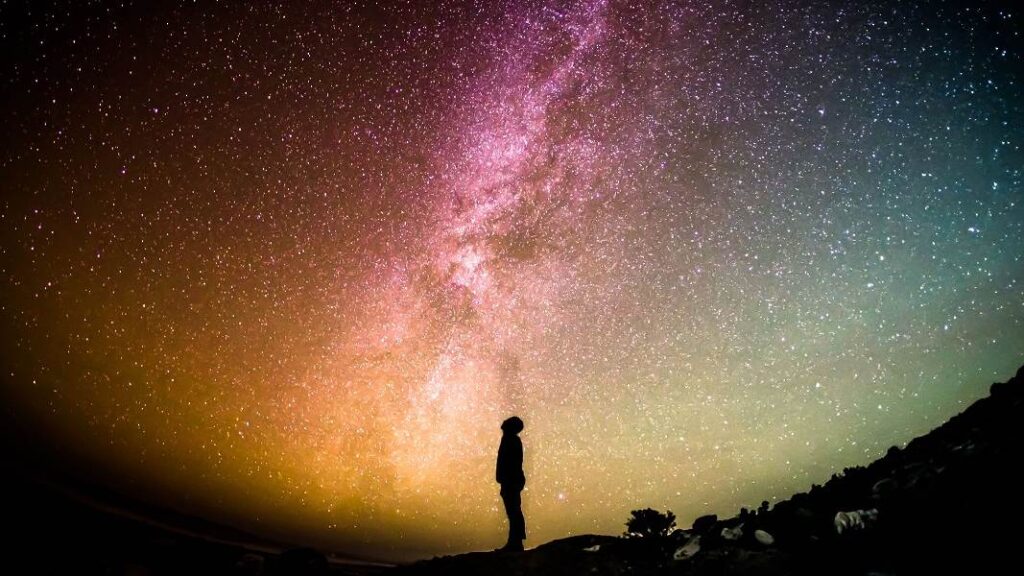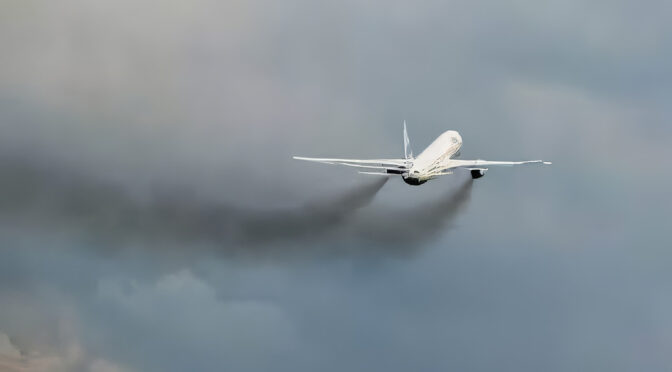Views: 1064
Humans once believed we were the center of everything, and that all known worlds orbited around us, until Copernicus came along and showed us we were wrong. It’s been 500 years since then, but many still cling to those outdated mental frameworks that date back to medieval times.
With the August rains, many natural cycles are set in motion. While modern humans are particularly active during the summer, much of our surrounding biodiversity slows down during the months of intense heat.
With the water that has fallen from the sky, the earth has softened. That precious liquid, slowly seeping into the soil, revives roots, fungi, and all kinds of creatures. Organisms that had been curled up, almost dormant in the effort to survive the long summer drought, now fatten up and unfold. A new scent fills the air, and life is reborn.
Skeptics like to say that climate change has always existed, as if to resist accepting the connection between human activity and the current crisis. They’re right that climate fluctuations have occurred throughout Earth’s long history. But they overlook the critical factor: it’s not about the degrees of change but the speed of that change.
Science tells us that the amount of carbon dioxide we’ve seen in the last 60 years has been recorded before on Earth, but during the last two glaciations, it took 14,000 years for similar changes to occur. This speed of change is unprecedented, leaving many species without time to adapt. Those who still see humans as the center of the world fail to recognize the profound and worrying relationship between nature and humanity.
Turtles will soon start emerging from the eggs their mother laid in a suitable spot to catch the sun’s warmth, a place she abandoned afterwards. These hatchlings are born alone. Many will become food for other animals, but the few that reach adulthood will, with some luck, live long lives. Menorca is a welcoming haven for turtles.
The seeds of wild herbs sprout abundantly, offering tender food to a new generation of caterpillars that will feed voraciously. When they take flight as butterflies, they will demonstrate why we speak of the “spring of winter.”
The Balearic Islands are among the regions with the highest per capita carbon dioxide emissions, due to the millions of tourists who flock here each year to drive our economy. Sidestepping the debate on sustainable tourism by clouding it with partisan slogans is more than a local folly.
The elevated sea temperatures recorded in recent years have been charging the atmosphere with energy, leading to major storms. When rain falls too quickly, it struggles to soak in, rushing across the surface and sweeping away soil, plants, and animals.
In the 20th century, astronomer Hubble once again turned our understanding upside down by proving that our galaxy isn’t the only one—that we are but a tiny part of an almost incomprehensible universe. We then realized we are actually smaller than we ever thought.
Let’s hope for a mild autumn, for the rains to recharge the aquifers, and for the springs to flow once more next spring.
(This text is an adaptation of the original article published by Miquel Camps, as coordinator of territorial policy for the GOB, in the Menorca newspaper on 16/09/2024).


